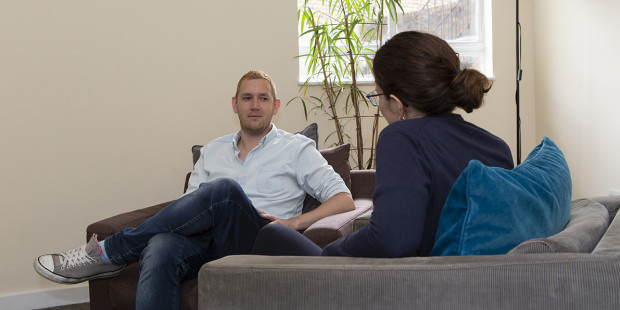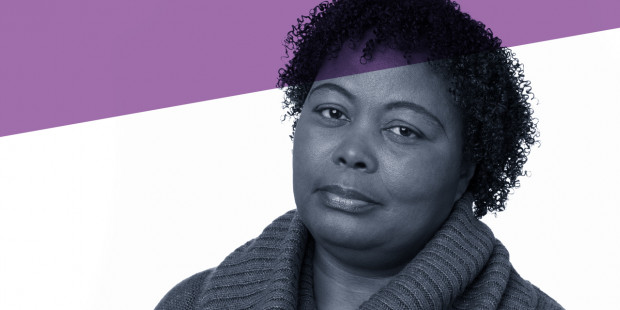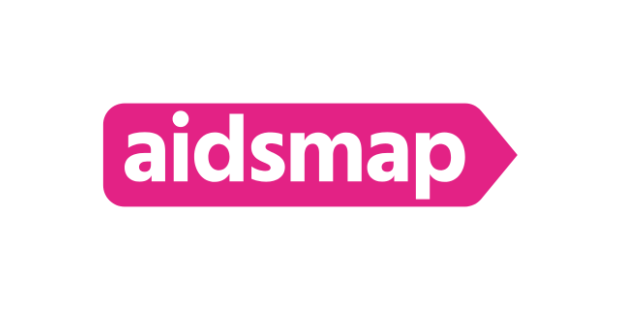If you are considering making a complaint against someone for infecting you with HIV, be sure it is your own decision and that you are willing to go through with it.
What should I consider before making an accusation?
Sometimes we talk to people who have been pushed into making a complaint by others, or who think they can make a complaint to 'punish' someone but withdraw it before it gets to court.
Once a charge is made it can be difficult to go back, even if you want to, and the police can charge you with wasting their time in some instances.
What happens after I’ve made an accusation?
You will need to be able to prove that you couldn’t have become infected any other way. Your sexual history will be investigated and possibly discussed in court.
In addition, anyone with whom you had sex before your HIV diagnosis will have to be contacted, and give blood samples, to rule out the possibility that they infected you. You will need to be sure you are comfortable with them finding out that you have HIV.
The police often promise anonymity to complainants in these kinds of cases. This is important, but since they don’t give that same anonymity to the person accused, sometimes this also identifies the complainant – particularly if the media cover the details of the case.
You need to be sure you are happy with this as it can be difficult to walk away from the case once it has started. It is possible for the case to continue even if you refuse to be a witness at a late stage.
The process can be as distressing to you as to the person accused, especially if it does not result in a conviction.
It’s a good idea to make sure you have emotional support or even counselling if you go ahead with, or are considering, a case. You can ask THT Direct for a referral.







